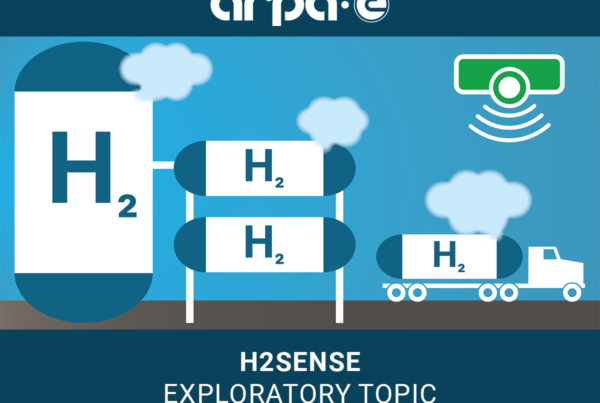
Extreme weather is causing engineers and environmentalists to find ways to build resilience. Solar panels connected to microgrids and biomass generators are some solutions, but emergency efforts don’t excel unless cities and neighborhoods incorporate multiple solutions.
Infrastructure security is one of the most critical facets of positive environmental progression, as setbacks invalidate the time necessary for advancement. Fuel cells provide a solution for those times when extreme weather hits harder.
How Do They Increase Resilience Against Weather?
During extreme weather, energy providers may be in troubling circumstances, and citizens cannot rely on their services to withstand the elements. Independent and small-scale energy generators relieve pressure from corporations, especially when the hydrogen stores have a long shelf life. They can stay stored in cells for years, clinging onto their value in emergencies while being able to operate every hour of every day of the year.
The electrochemical reaction transforms natural gas into a hydrogen electricity source, reducing greenhouse gas emissions significantly despite fossil fuel involvement — potentially by nearly 700 metric tons per year per fuel cell system.
The byproducts of fuel cells are only water and heat, so it is multipurpose. The heat is extractable and usable for more energy uses. Because the reaction doesn’t combust, causing smoke or other potentially harmful chemicals, it keeps people safer when they need safety the most.
How Will They Continue to Impact Communities?
One of the most notable ways hydrogen fuel cells will impact communities is by changing local and federal policy. Citizen and corporate buy-in to fuel cell technology because of how much it will help natural disaster resilience will promote regulatory changes. When companies like Apple and IBM decide fuel cells are worth investing in, the pressure becomes more apparent. Fuel cells are an inexpensive solution for climate resilience in the greater sustainable technology roster, and support will convince officials to take legislation more seriously.
It highlights the quintessential benefit of fuel cells — communication. Not only will fuel cells force discourse to continue perpetuating fuel cell technology, but it will also allow communities and nearby states to stay connected during disasters. Emergency medical teams, construction contractors and city officials can stock up on emergency supplies and monitor materials throughout the event.
Neighbors can assist communities in organizing resources and collecting knowledge for perseverance. The more participants engage in the response, the more productive future efforts become.
When Have Fuel Cells Proven Their Effectiveness?
Heat waves and wildfires leading to outages shouldn’t happen in 2023. Renewable energy generation, like fuel cells, can connect to backup fossil fuel technologies if necessary, but historically, they have proven effective in giving households power during these intense climates.
Fuel cells were the backbone of keeping the lights on during Hurricane Michael. Though fuel cells can’t stop trees from tearing into vehicles and sidewalks, they allowed people to stay in touch to expedite the most critical repairs for a collective 2,400 hours despite the circumstances. Hurricane Sandy was another example, where five fuel cell sites provided hundreds of hours of telecommunications resources to first responders.
Fuel cells also provide scalability. They can help city grids and microgrids that are ever-increasing in prevalence. Fuel cells integrate well with other technologies seamlessly, like solar, to keep necessary businesses, like hospitals and grocery stores, lit and operational.
Devoting More Time to Fuel Cell Technologies
Fuel cells represent more than an extra push during a storm. Their massive greenhouse gas emission reduction symbolizes how green efforts allow humanity to recover in the face of the worst climate crisis. Fuel cells are one of the most relevant, reliable solutions for power during extreme weather and an optimistic look into the future of sustainable energy creation.


Jane Marsh, Contributor
The views and opinions expressed herein are those of the authors and do not necessarily reflect the official policy or position of Fuel Cells Works, its directors, partners, staff, contributors, or suppliers. Any content provided by our contributors or authors are of their own opinion and are not intended to malign any religion, ethnic group, club, organization, company, individual or anyone or anything.
Read the most up to date Fuel Cell and Hydrogen Industry news at FuelCellsWorks




